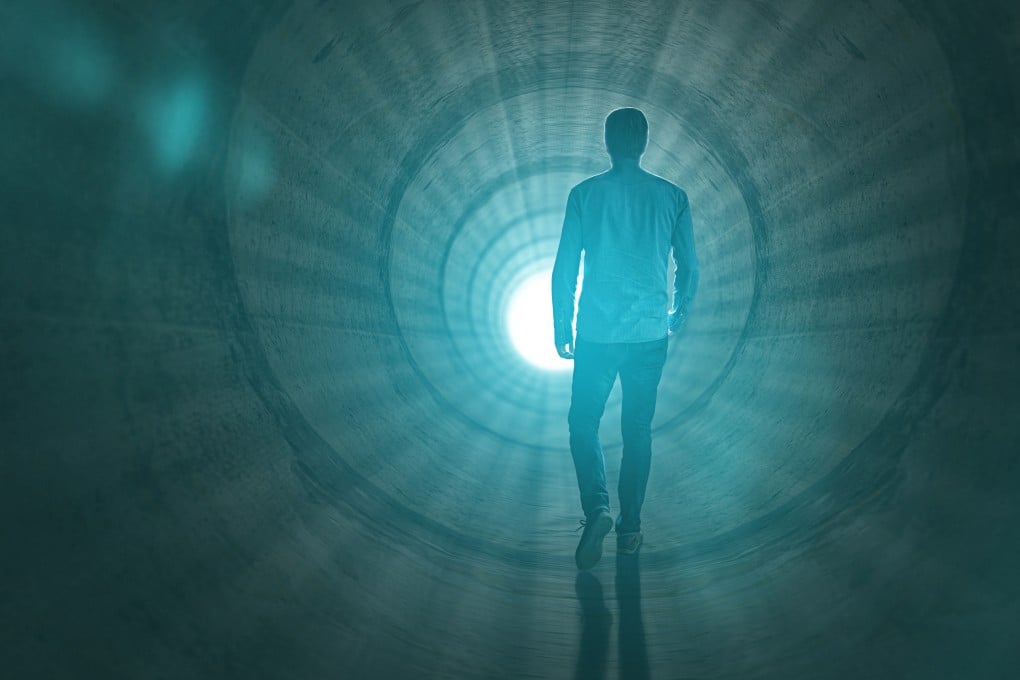The topic of exploring the afterlife and what occurs after we die is a subject that has fascinated humans for centuries. Many religions and belief systems around the world have their own interpretations of what happens to our souls after death. Some believe in the concept of reincarnation, where the soul is reborn into a new body to continue its spiritual journey. Others believe in the idea of heaven and hell, where the soul is judged based on its actions in life and sent to either a place of eternal bliss or eternal suffering.
Still, others believe in the idea of a spiritual realm where the soul exists in a state of peace and enlightenment. While the specifics of what occurs after we die may vary depending on one’s beliefs, the common thread among many is the belief in some form of existence beyond the physical realm. This exploration of the afterlife raises questions about the nature of consciousness, the existence of a higher power, and the ultimate purpose of life. It is a topic that continues to spark philosophical debate and spiritual inquiry as we seek to understand the mysteries of death and what lies beyond.

Different Cultural Perspectives on the Afterlife
The concept of the afterlife varies greatly across different cultures and religions around the world. For example, in Hinduism, the belief in reincarnation is prominent, where individuals are reborn into different bodies based on their actions in their previous lives. This idea of karma shaping one’s future existence is central to the Hindu understanding of the afterlife. In contrast, in Christianity, the afterlife is often seen as a binary outcome of either heaven or hell, based on a person’s faith and actions during their earthly life. This belief in a final judgment and eternal destination is a significant aspect of Christian theology. In Japanese Shintoism, there is a belief in a spirit world where ancestors continue to watch over and guide their living descendants.
This connection between the living and the deceased through ancestral spirits is an important part of Japanese cultural practices and rituals. Similarly, in many Native American cultures, the afterlife is seen as a continuation of life on earth, where spirits of the deceased remain close to their living relatives and communities, providing guidance and protection. These diverse cultural perspectives on the afterlife reflect the unique beliefs, values, and traditions of different societies around the world. Despite the differences in beliefs about what happens after death, these various cultural perspectives serve to provide comfort, meaning, and a sense of continuity to individuals as they navigate the mysteries of the unknown beyond this life.
Scientific Views on What Happens After Death
Scientific views on what happens after death are varied and often speculative. Some scientists believe that after death, the body undergoes a process of decomposition and decay, eventually returning to its basic elements. This view is supported by the principles of biology and chemistry, which show that life is sustained by a delicate balance of chemical reactions in the body. Once the body ceases to function, these reactions cease, leading to the breakdown of tissues and organs. Other scientists believe that consciousness ceases to exist after death, as the brain, which is responsible for processing thoughts and emotions, no longer functions.
This view is supported by studies on near-death experiences, which suggest that the brain may produce certain sensations and perceptions as it shuts down. However, there is still much debate within the scientific community about what happens to the mind and consciousness after death. Some scientists speculate that consciousness may continue to exist in some form after death, perhaps in the form of energy or information stored in the universe. While these ideas are intriguing, they are still largely theoretical and have not been conclusively proven through scientific research. Overall, the scientific community continues to explore the mysteries of death and what, if anything, lies beyond it.
The Role of Near-Death Experiences in Understanding the Afterlife
Near-death experiences (NDEs) have long been a subject of fascination and debate, particularly when it comes to understanding what may lie beyond this life. Many individuals who have had a NDE report similar experiences, such as feeling a sense of peace, seeing a bright light, or encountering deceased loved ones. These experiences have led some to believe that NDEs provide a glimpse into the afterlife, offering insight into what may await us when we pass on. While skeptics argue that NDEs can be attributed to physiological processes in the brain, many who have had these experiences are convinced that they were real and profound.
Some researchers suggest that NDEs may offer a unique perspective on the nature of consciousness and the possibility of life after death. By studying these experiences and the common themes that emerge from them, we may gain a deeper understanding of the afterlife and the transition from this world to whatever lies beyond. Ultimately, the role of NDEs in understanding the afterlife is a complex and multifaceted issue that continues to spark curiosity and debate among scientists, theologians, and individuals who have had these powerful encounters. Whether NDEs provide definitive proof of an afterlife or simply offer a glimpse into our own subconscious beliefs and fears, they remain a fascinating and mysterious phenomenon that holds the potential to shed light on the great unknown that awaits us all.

Philosophical and Spiritual Beliefs About Life After Death
The topic of philosophical and spiritual beliefs about life after death is a complex and deeply personal one. Many different cultures and religions have their own beliefs about what happens to a person’s soul or consciousness after their physical body dies. Some believe in reincarnation, where the soul is reborn into a new body to continue its journey of spiritual growth. Others believe in a heaven or hell, where a person’s actions in life determine their eternal fate. Still, others believe in a form of eternal consciousness, where the soul continues to exist in some form after death.
These beliefs can bring comfort to those who are grieving the loss of a loved one, offering hope that their spirit lives on in some way. They can also provide a sense of purpose and meaning to life, encouraging individuals to live in a way that aligns with their beliefs about what happens after death. Ultimately, the topic of life after death raises profound questions about the nature of existence, the meaning of life, and the mysteries of the universe that may never be fully answered. It is a topic that has fascinated and inspired people for centuries, driving them to seek out answers through philosophy, religion, and spirituality.
